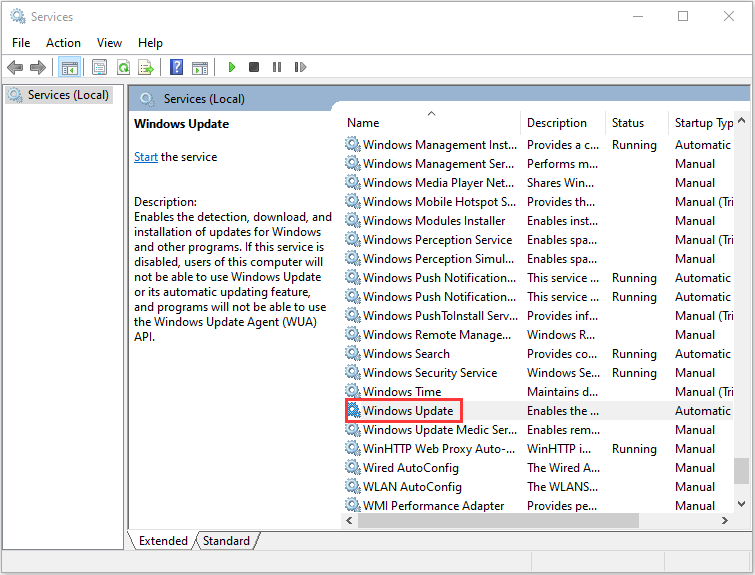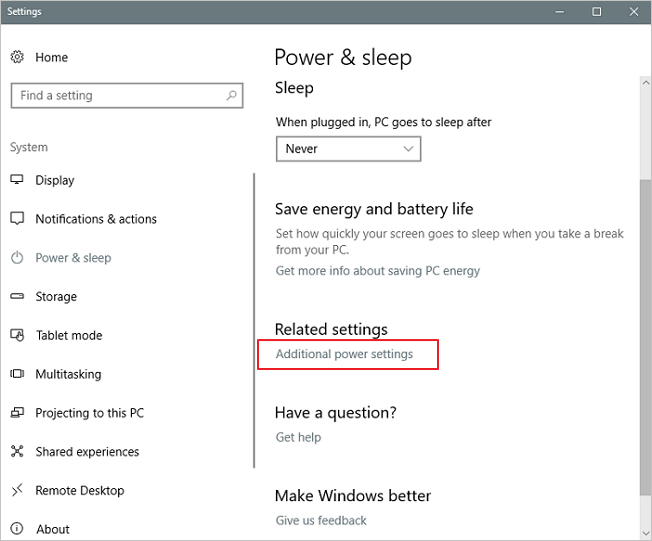

This latter group, which makes up the body’s adaptive arm, takes several days to really fire up. A wave of fast but imprecise fighters-members of the innate immune system-rushes in to wall off the assailant, buying time for the body’s more sophisticated sharpshooters to gather their wits. The first time someone meets a virus or a vaccine, defensive cells must scramble. They’re supposed to wane, and the fact that they do works to our advantage. “We need to have much more realistic expectations of these vaccines” and what they can teach our immune systems to do, Çevik said. But our shots are still guarding against disease and death-the standard our shots were meant to meet, and the most crucial element of making the virus “a much more manageable threat,” Müge Çevik, a medical virologist at the University of St. Staying safe from a virus depends on host and pathogen alike a change in either can chip away at the barriers that separate the two without obliterating them, which is exactly what we’re seeing now.Īs the hyper-contagious Delta variant continues to blaze across the country and much of the world, more vaccinated people are encountering the virus and occasionally getting infected enough to trip a coronavirus test. Vaccine effectiveness isn’t a monolith, and neither is immunity. Despite some shifting numbers, neither our vaccines nor our immune systems are failing us, or even coming close.

The reality of the situation is much more complicated than that.

Read: Immunology is where intuition goes to die The past few weeks of news have made it seem as though we’re doomed to chase SARS-CoV-2 with shot after shot after shot, as if vaccine protections were slipping through our fingers like so much sand. According to the White House, we’ll all need boosters very, very soon to fortify our crumbling defenses. That prediction might sound incompatible with recent reports of the “ declining” effectiveness of COVID-19 vaccines, and the “ waning” of immunity. That’s what happens with the COVID-19 vaccines, and Ellebedy and others told me they expect the memory to remain with us for a while yet, staving off severe disease and death from the virus at extraordinary rates. The learned response becomes a reflex, ingrained and automatic, a “robust immune memory” that far outlives the shot itself, Ali Ellebedy, an immunologist at Washington University in St. Defensive cells study decoy pathogens even as they purge them the recollections that they form can last for years or decades after an injection. What does have staying power, though, is the immunological impression that vaccines leave behind.

This is by design: Like many of the microbes they mimic, the contents of the shots stick around only as long as it takes the body to eliminate them, a tenure on the order of days, perhaps a few weeks.


 0 kommentar(er)
0 kommentar(er)
